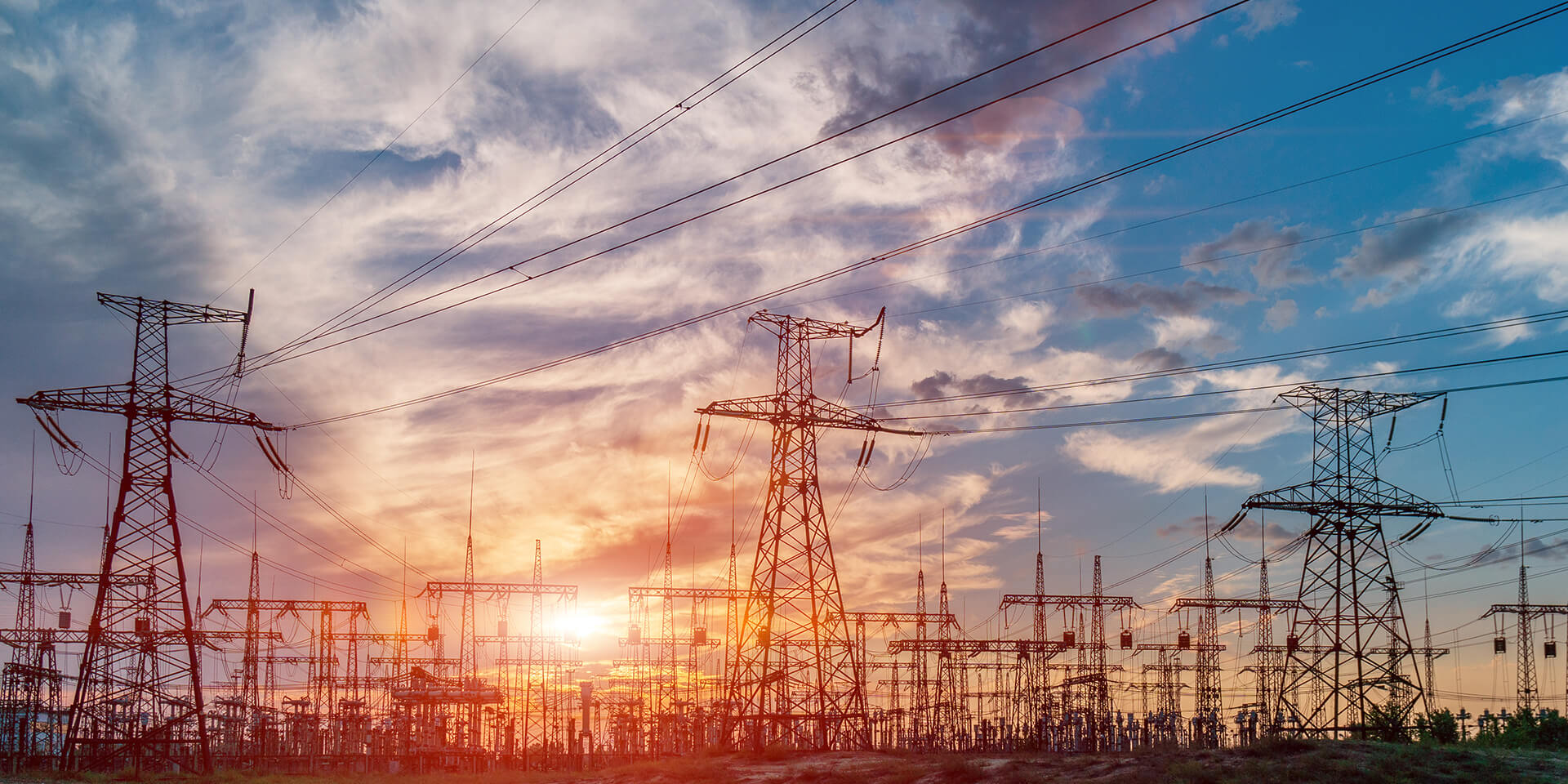Will the most significant contributor to climate change rise to the challenge of a net-zero carbon future?
With COP26 and ADIPEC behind us and the World Petroleum Congress (WPC) this week, it’s time to reflect on my 30 years in the oil and gas industry. Firstly, it's long past time for the industry to get on the right side of the argument – being a part of the solution. It’s also clear that the experienced oil workers should put their effort into advancing the energy transition and being a force for good.
As my former CEO Amin Nasser put it in 2019, "Society demands ample, affordable, reliable, and cleaner energy." Doubling down on "cleaner energy" has to be our goal so that we can achieve the promises made in the Glasgow Climate Pact. However, the bigger questions are: will it be enough, are we going fast enough, and which industry players will deliver the necessary pivot? Perhaps the biggest question of all is whether the traditional energy players will align with the International Energy Agency's (IEA) aggressive roadmap or forge their own paths.
There's a lot at stake going into the latest WPC gathering in Houston this month. First, the energy sector must get on the right side of the climate debate. Secondly, we should use our tremendous talents, technologies, and capital to combat this existential threat to our industry and, more importantly, to the planet.
The oil and gas industry has a critical role in innovating the energy technology of tomorrow. In his speech in 2019, Amin mentioned that "technology will find new, high efficiency uses for oil such as blue hydrogen." The energy sector should also look for the lowest carbon intensity for each barrel. That said, reducing fossil fuel usage is only one part of the equation.
Many of the solutions that need to be produced by 2050 are only at the prototype stage today. Starting now, the energy sector will have to reprioritize its spending on research and development, and pivot to clean forms of energy as soon as possible.
These calls for sustainability are not happening in isolation. A recent report released by Accenture, in partnership with the World Economic Forum, showed that 79% of CEOs surveyed said that the COVID-19 Pandemic has shown that a transition to more sustainable business models is necessary across all sectors. It starts with changing the hearts and minds of all stakeholders by embedding sustainability into all aspects of an organization.
Moving from fossil fuels to renewables will require a dramatic shift in the capabilities of an entire industry. The IEA suggests that while 5 million fossil fuel workers may lose their jobs, new energy supply will create 14 million jobs by 2030. This net gain of 9 million jobs will demand new mindsets, behaviors, and major reskilling.
How do we accomplish this behemoth task? – one step at a time. Taking small, sustained actions that create lasting habits is our specialty at Cognician. Our platform can help facilitate this rapid shift because we've been doing this for over a decade – activating behavior change at scale. Our neuroscience-based learning approach, paired with our cloud-based platform, can help your organization foster innovative behaviors and habits from the ground up with measurable results in less than a month.
Discussions about how to transform the oil and gas industry aren't new. Looking back to my first WPC conference in Madrid in 2008 is proof: the topic was "A World in Transition: Delivering Energy for Sustainable Growth." Oh dear! It's been 13 years. Isn't it past time to put the EV pedal to the recycled metal? WPC, this is not a drill – now is the time to act.
 About the Author: Colin is the Strategic HR and Transformation leader of Cognician, a global company that transforms large organizations by activating behavior change at scale. He works with the C-suite to deliver strategic change and has led organizations through transformation and growth across the globe. He focuses on talent, leadership, culture, and diversity.
About the Author: Colin is the Strategic HR and Transformation leader of Cognician, a global company that transforms large organizations by activating behavior change at scale. He works with the C-suite to deliver strategic change and has led organizations through transformation and growth across the globe. He focuses on talent, leadership, culture, and diversity.





